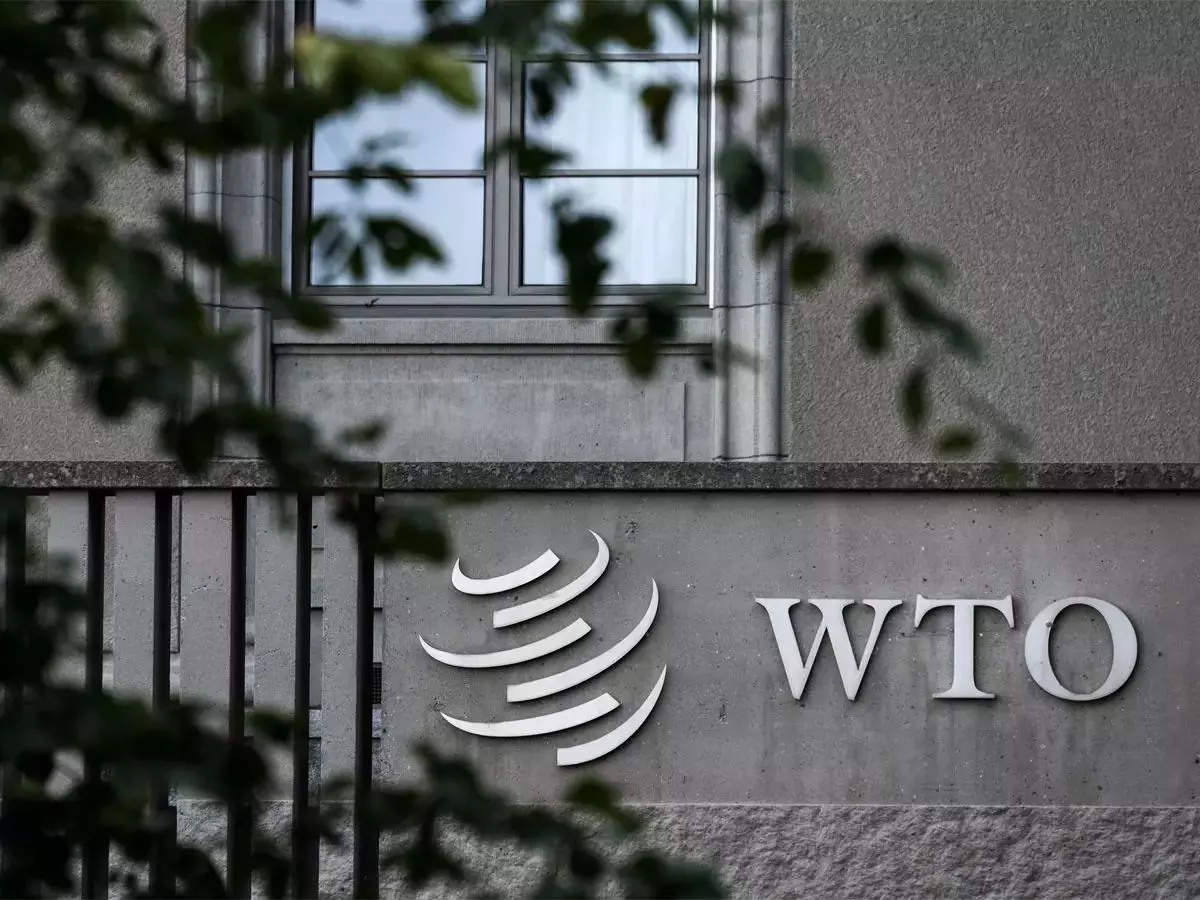NEW DELHI: Government on Thursday rejected demands for negotiating farm issues at WTO as a “package” and said next month’s meeting of ministers in UAE should honour the commitment given a decade ago on tackling the issue of public stockholding or allowing countries like India to go past the “flawed formula” capping spending on procurement.
“Public stockholding is the longest pending issue. A promise was made by (WTO) members in Bali (in 2013) and then later endorsed at subsequent conferences. Without that, we will not take part in any discussion on any other issue on agriculture, unless the mandated issue is settled. This is our first task,” a senior official said.
Apart from a ceiling of 10% of the value of production being raised, developing countries are also seeking a review of the “irrelevant” reference price, which is based on what was prevailing in 1986-88.
In case of rice, India has breached the ceiling with last notification placing the support 15% of value of production, while for wheat it is estimated at around 3%. India, which claimed support of 87 countries including China, several developing nations and African and Caribbean nations, also wants an expansion of the schedule to cover products beyond pulses and coarse grains.
Contrary to charges that India is selling subsidised grains, officials said India’s procurement programme actually helps keep global prices stable.
“Public stockholding is the longest pending issue. A promise was made by (WTO) members in Bali (in 2013) and then later endorsed at subsequent conferences. Without that, we will not take part in any discussion on any other issue on agriculture, unless the mandated issue is settled. This is our first task,” a senior official said.
Apart from a ceiling of 10% of the value of production being raised, developing countries are also seeking a review of the “irrelevant” reference price, which is based on what was prevailing in 1986-88.
In case of rice, India has breached the ceiling with last notification placing the support 15% of value of production, while for wheat it is estimated at around 3%. India, which claimed support of 87 countries including China, several developing nations and African and Caribbean nations, also wants an expansion of the schedule to cover products beyond pulses and coarse grains.
Contrary to charges that India is selling subsidised grains, officials said India’s procurement programme actually helps keep global prices stable.


